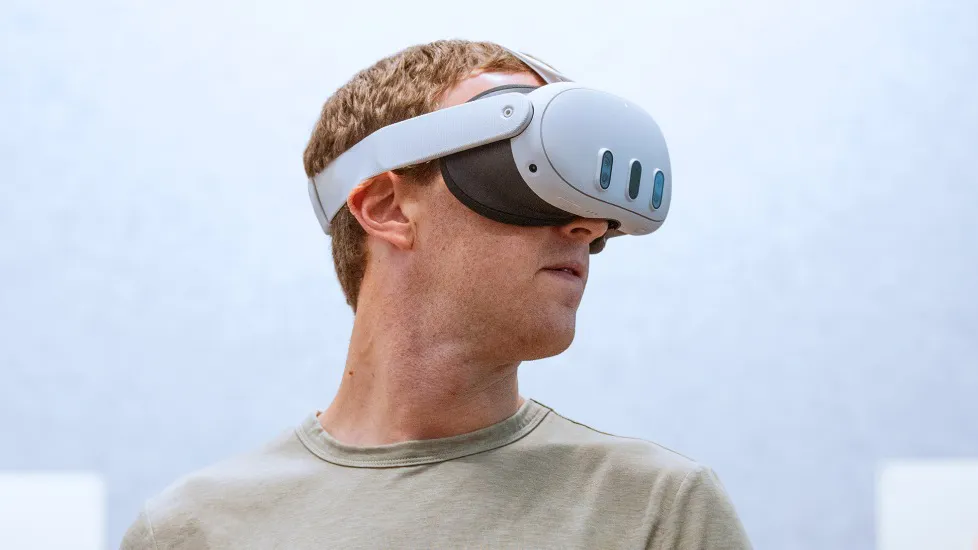Mark Zuckerberg claims Quests will still be the most popular headsets after Horizon OS is available to third parties.
If you somehow missed the big Meta news this week: Horizon OS is the new name for the Quest system software, which Meta will also make available to third-party headset makers, starting with ASUS, Lenovo, and potentially LG too.
When announcing the news Meta confirmed it will continue to make Quest headsets. Mark Zuckerberg told investors third-party headsets will be targeted around specific use cases, and that he thinks Meta's first-party Quests will remain the most popular headsets "as we see today". Meta has sold more than 20 million Quest headsets to date.

This strongly suggests that most (if not all) third-party Horizon OS headsets will be priced higher than Quest headsets. And this would make sense. As John Carmack pointed out earlier this week, Quest headsets are priced without the intention of making a hardware profit, because Meta can make this back with its cut of content sales on the platform. Other headset makers won't have this additional revenue stream, so will have to make their profit on the hardware itself.
On Instagram Meta CTO Andrew Bosworth said he sees Meta's first-party Quests as being "the most general purpose" headsets, while other companies will build headsets for "dedicated communities who care a lot more about a specific combination of features".
Earlier this week Zuckerberg listed the kind of third-party Horizon OS headsets he can "imagine" emerging:
- "A lightweight headset that pairs with your computer on your desk to provide the best work experience."
- A headset "fully focused on immersive entertainment like watching movies and videos with the highest resolution OLED screens."
- A headset "fully optimized for gaming with support for all kinds of different peripherals and haptics."
- A headset "designed for exercise that's extra-light with sweat-wicking materials".
While it's possible some headset makers might target some of these use cases by delivering lower-end hardware than Quest 3, it seems more likely they'll instead use more and/or higher-spec components or more costly designs to target a smaller audience with a higher price that includes a hardware margin. This could include external or rear batteries, eye and/or face tracking sensors, more or better cooling fans, or micro-OLED displays.
So far only ASUS and Lenovo have confirmed making Horizon OS headsets. ASUS said it will release a "performance gaming headset" under its Republic of Gamers (ROG) brand, while Lenovo says it will release a line of headsets focused on "productivity, learning, and entertainment". We'll keep a close eye out for any further specifics later this year.































